Cold war
Origins of the Cold War
The origins of the Cold War can be traced back to the geopolitical, ideological, and economic struggles between the two world superpowers that emerged after World War II, the United States and the Soviet Union. The term "Cold War" was popularized by the American financier and presidential adviser Bernard Baruch during a congressional debate in 1947.
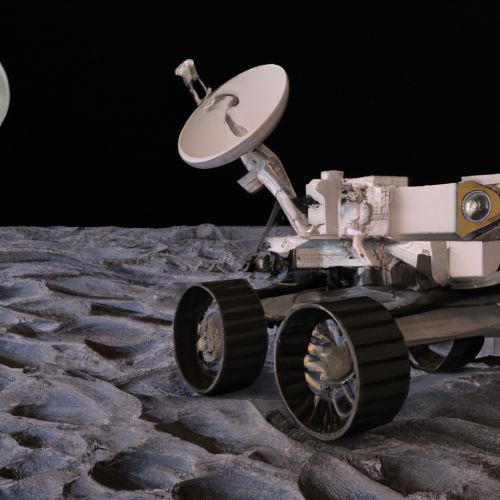
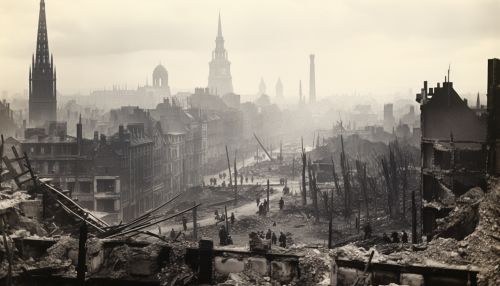
The end of World War II left a power vacuum in many parts of Europe. The two superpowers, with vastly different political ideologies, sought to fill this vacuum and spread their influence. The United States, a capitalist democracy, and the Soviet Union, a communist state, were fundamentally at odds with each other, setting the stage for a long period of political and military tension.
Ideological Differences
The ideological differences between the United States and the Soviet Union were a major factor in the Cold War. The United States believed in the principles of capitalism and liberal democracy, with a focus on individual freedoms, private property, and free market economics. The Soviet Union, on the other hand, was a communist state that believed in a centrally planned economy, state ownership of property, and the absence of social classes.
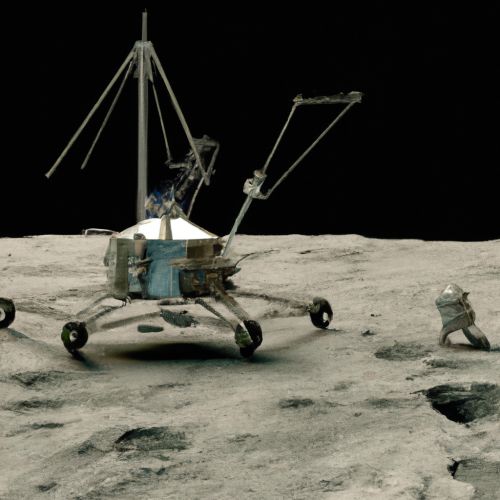

These ideological differences were not just abstract concepts, but had real-world implications. In the United States and other capitalist countries, the economy was driven by private enterprise and competition. In the Soviet Union and other communist countries, the economy was controlled by the state, with production and distribution of goods determined by central planning.
Key Events of the Cold War
The Cold War was marked by a series of key events that further escalated tensions between the United States and the Soviet Union.
The Berlin Blockade
One of the earliest and most significant events of the Cold War was the Berlin Blockade in 1948. The Soviet Union blocked all road, rail, and water access to West Berlin in an attempt to force the Western Allies to abandon their post-World War II jurisdictions in the city. In response, the United States and its allies organized the Berlin Airlift, supplying the city with food and other necessities by air for almost a year until the blockade was lifted.
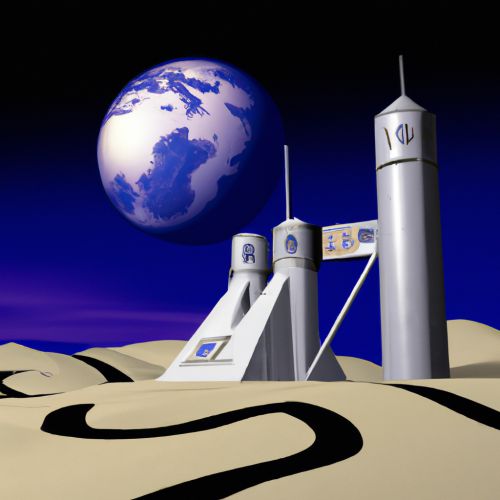
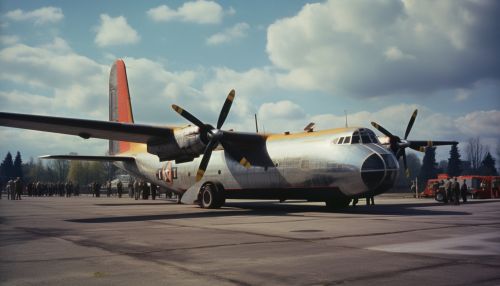
The Korean War
The Korean War (1950-1953) was another major event in the Cold War. The war began when North Korea, supported by the Soviet Union and China, invaded South Korea, which was supported by the United States and other Western nations. The war ended in a stalemate, with Korea remaining divided at the 38th parallel.

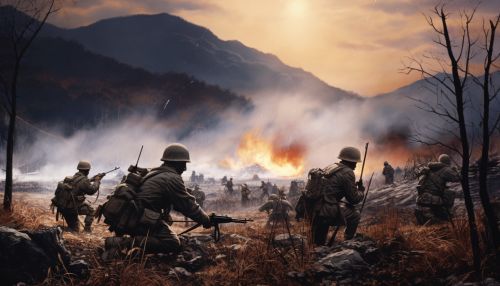
The Cuban Missile Crisis
The Cuban Missile Crisis in 1962 was one of the most dramatic events of the Cold War. The crisis began when the United States discovered Soviet nuclear missiles in Cuba, leading to a tense 13-day standoff that brought the world to the brink of nuclear war. The crisis was eventually resolved through diplomatic negotiations, with the Soviet Union agreeing to remove its missiles from Cuba in exchange for the United States agreeing not to invade Cuba.

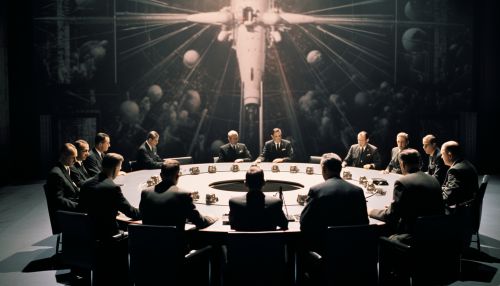
End of the Cold War
The Cold War ended in the late 1980s and early 1990s with the collapse of the Soviet Union. This was brought about by a combination of economic problems, political unrest, and the reforms initiated by Soviet leader Mikhail Gorbachev. His policies of glasnost (openness) and perestroika (restructuring) led to greater political and economic freedom in the Soviet Union, but also to its eventual dissolution.

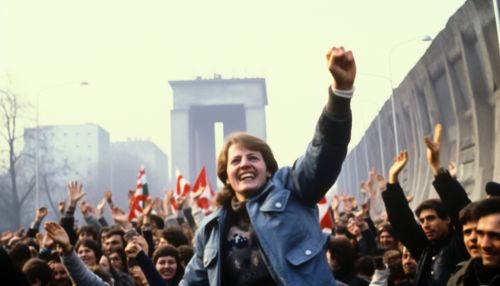
Impact of the Cold War
The Cold War had a profound impact on the world, shaping international relations, military alliances, economic systems, and societal structures. It led to the formation of military alliances such as NATO and the Warsaw Pact, and economic systems such as the Marshall Plan and the Comecon. It also led to a significant increase in military spending and the development of nuclear weapons, creating a global arms race.

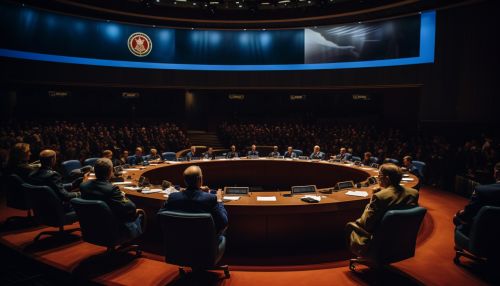
The Cold War also had a significant impact on society, with the fear of nuclear war leading to a culture of paranoia and suspicion. It also led to a significant increase in government surveillance and the suppression of dissent, particularly in the Soviet Union and other communist countries.
